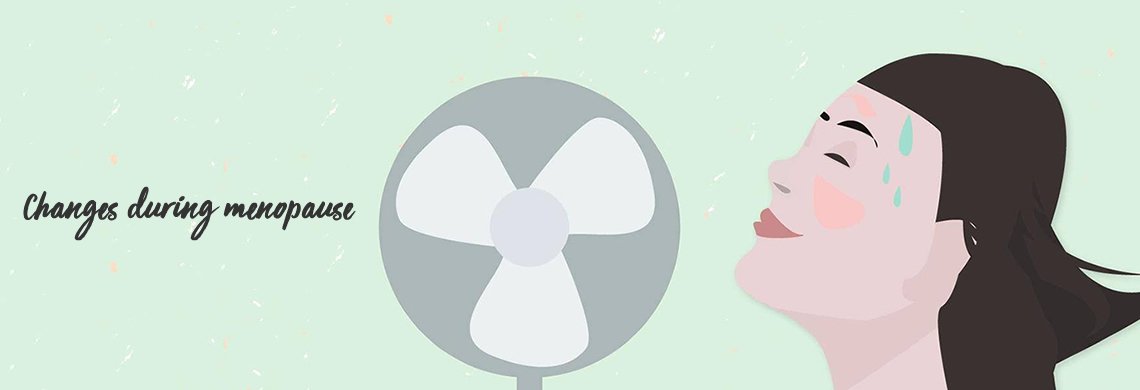
Heavy bleeding during menopause. Do you need help?
According to the NHS Choices website, most women will experience some symptoms around the time of their menopause. If asked what these might be, women say hot flushes, night sweats, difficulty sleeping, reduced sex drive and vaginal dryness. Heavy periods are not something that most women would think of. However, for some women this is exactly what they face – heavy period, which can be accompanied by practical issues like leaking, as well as fatigue, anaemia, pain, and psychological symptoms such as mood swings. The good news is that there are treatments available that can help manage these symptoms.
How the menopause affects your period
The phase during which you gradually stop menstruating is called commonly referred to as the menopause or the change. (The menopause is technically broken into three phases, the peri-menopause (before your periods stop), the menopause (the day your period stops), post-menopause (the time after your period has stopped). It starts with irregular periods, followed by occasional periods. The change usually takes place between the age of 40 and 60. How long it lasts is different for every woman. NHS Choices stats that on average, most symptoms last around four years from your last period. However, around 1 in every 10 women experience them for up to 12 years[1]NHS Choices. Menopause – Symptoms. Last accessed 15 August 2017. .
The change occurs because the supply of egg cells in your ovaries becomes depleted. When an egg is no longer released from the ovary, the levels of oestradiol, a female sex hormone, declines too. As a result, formation of your endometrium (the womb lining) becomes irregular. Your periods many be irregular, or longer or shorter than usual. In some cases the lining gets thicker than normal causing excessive blood loss during your period resulting in heavy periods. In time, your periods will eventually stop.
Managing changes in your periods
Your periods can change as you age often getting heavier in your 30-40s or after childbirth. It is often a gradual process. Heavy periods are a recognised medical condition and there are treatments available to help you manage them. You can also get help for other menopausal symptoms and as they can last for up to 12 years, it’s worth making an appointment with your GP to discuss possible treatments. Read about how to prepare for a consultation with your doctor here.




